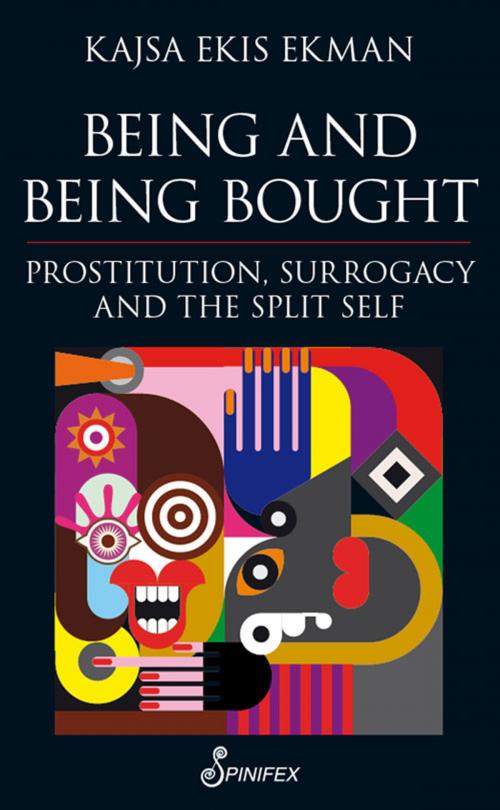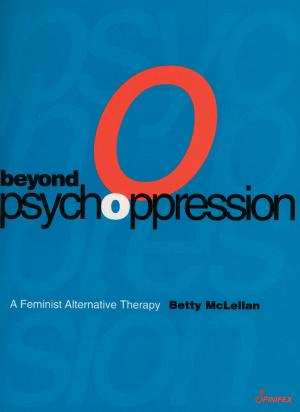Being and Being Bought
Prostitution, Surrogacy and the Split Self
Nonfiction, Social & Cultural Studies, Social Science, Gender Studies, Women&| Author: | Kajsa Ekman | ISBN: | 9781742198736 |
| Publisher: | Spinifex Press | Publication: | November 1, 2013 |
| Imprint: | Spinifex Press | Language: | English |
| Author: | Kajsa Ekman |
| ISBN: | 9781742198736 |
| Publisher: | Spinifex Press |
| Publication: | November 1, 2013 |
| Imprint: | Spinifex Press |
| Language: | English |
Grounded in the reality of the violence and abuse inherent in prostitution—and profoundly affected by the death of a friend to prostitution in Spain—activist and writer Kajsa Ekis Ekman exposes the many lies in the “sex work” scenario in this polemic in which she also criticizes the booming surrogacy industry. The author places the theory that it is possible to separate the “self” from the body, thus making it possible to sell the body for sex without compromising an individual’s fundamental human dignity—a key argument of the pro-sex worker narrative—under the microscope. Taking the belief at face value, she extends it to the practice of surrogacy, pointing out that if a woman is neither connected to her body nor to the child that grows within her, surrogacy itself can be viewed as a form or prostitution where the product sold is a baby, rather than sex. If this is the case, Ekis Ekman argues, is surrogacy not a form of child trafficking? Written with a razor-sharp intellect and disarming wit, this illuminating exposé seeks to highlight the dangers of commodifying the human body and presents both prostitution and surrogacy as emotionally fraught enterprises rife with power imbalances and the potential for abuse.
Grounded in the reality of the violence and abuse inherent in prostitution—and profoundly affected by the death of a friend to prostitution in Spain—activist and writer Kajsa Ekis Ekman exposes the many lies in the “sex work” scenario in this polemic in which she also criticizes the booming surrogacy industry. The author places the theory that it is possible to separate the “self” from the body, thus making it possible to sell the body for sex without compromising an individual’s fundamental human dignity—a key argument of the pro-sex worker narrative—under the microscope. Taking the belief at face value, she extends it to the practice of surrogacy, pointing out that if a woman is neither connected to her body nor to the child that grows within her, surrogacy itself can be viewed as a form or prostitution where the product sold is a baby, rather than sex. If this is the case, Ekis Ekman argues, is surrogacy not a form of child trafficking? Written with a razor-sharp intellect and disarming wit, this illuminating exposé seeks to highlight the dangers of commodifying the human body and presents both prostitution and surrogacy as emotionally fraught enterprises rife with power imbalances and the potential for abuse.















